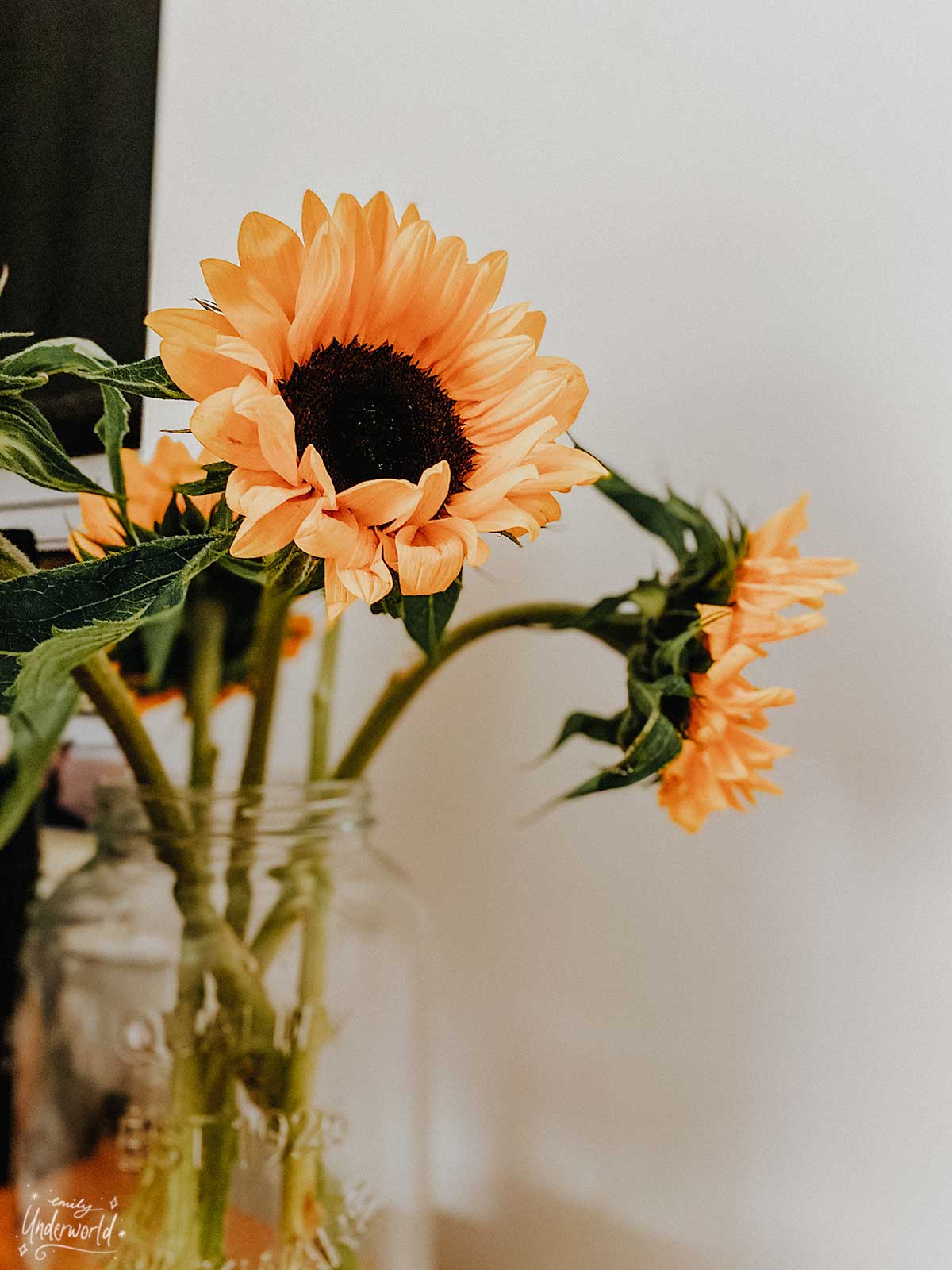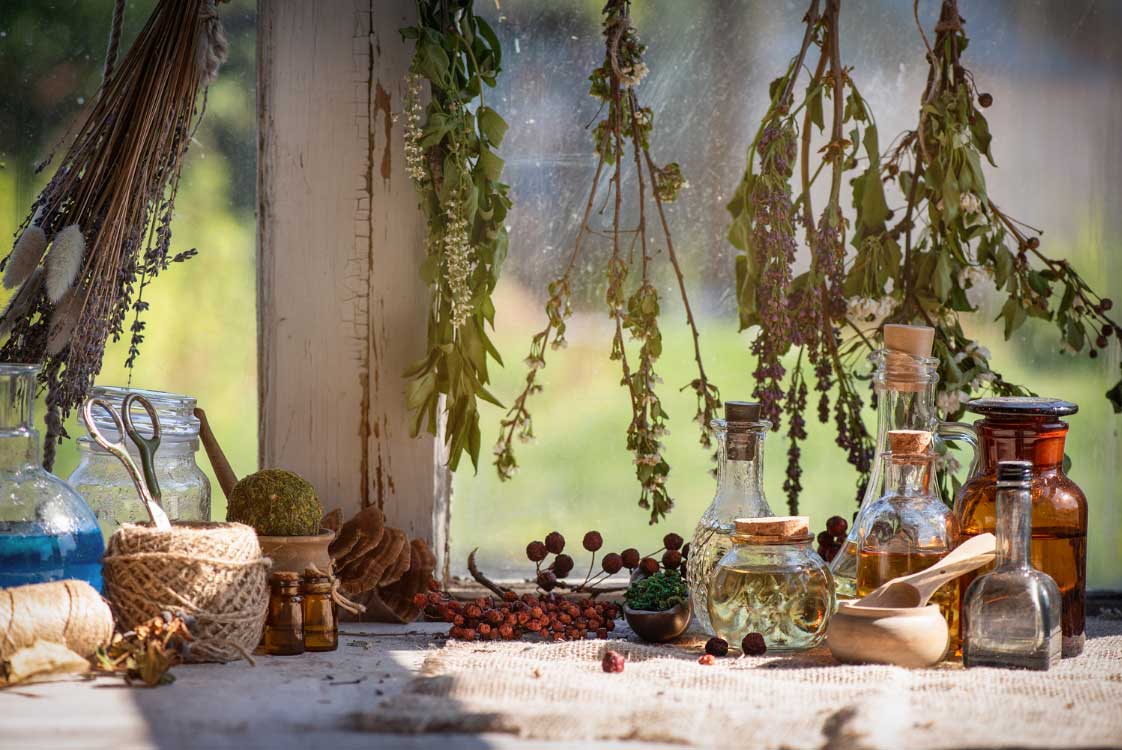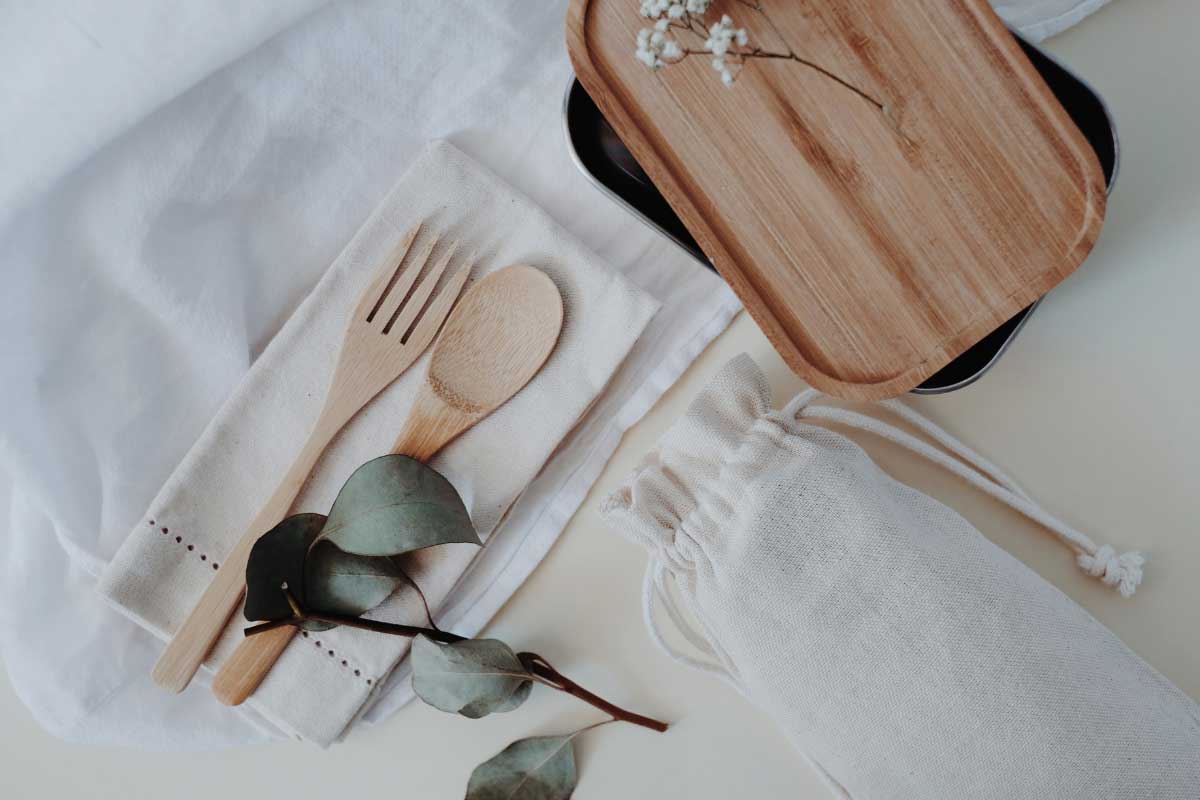This blog post may contain affiliate links. As an Amazon Associate I earn from qualifying purchases. (Full Disclaimer, TOS & Privacy Policy).
AD | This blog post is sponsored by ThreeHomeCounties. All opinions are my own.
So, you want to make your home more eco friendly in 2021? Great! With all the time we’ve spent in our homes during 2020, home improvement has become a priority (and a creative outlet) for many people. Going into 2021, it’s more important than ever to focus on the environment and do our bit to help fight climate change.

How To Make Your Home More Eco Friendly in 2021: 9 Tips To Help You Get Started
Here are some tips to help make your home eco-friendly in 2021, covering a range of areas from energy efficiency, to cleaning supplies, and my favourite: plants!
Green Energy
Let’s start with energy suppliers! How green is your energy? We use Bulb for our gas and electricity because they use renewable energy, and they’re cheaper too. Bulb uses “100% renewable electricity from solar, wind and hydro”, and their gas is 100% carbon neutral.
I’d love to have my own solar panels someday!
Water
Do you turn off the tap while brushing your teeth? These simple acts of reducing water consumption really do add up and make a difference.
Drink tap water (if it’s safe in your area), instead of buying bottled water. We’re lucky here because our tap water tastes great! If yours doesn’t, invest in a water filter. It’s much better for the environment to avoid disposable plastic bottles.
Lightbulbs
What kind of lightbulbs do you have? LED lightbulbs are the most efficient, meaning you’ll save money and conserve energy.
Get LED lightbulbs with a high energy efficiency rating, and low wattage.
It goes without saying, but make sure you switch your lights off too, and rely on natural daylight where possible.
Double / Triple-Glazed Windows
Invest in double or triple-glazed windows like these replacement aluminium windows. They’re energy-efficient and will reduce your carbon footprint while saving you money.
Aluminium doesn’t expand or contract depending on the heat, which makes them a long-lasting window frame choice, with no drafts. If you opt for triple-glazing, your windows will be even more efficient: up to 40% more than A-rated double glazing! Another perk of triple-glazing is noise reduction, making it ideal if you live in a busy area.

Composting, Plants & Growing Herbs
Plants are absolutely essential for wellbeing. They’re also wonderful for reducing the toxins in your home! I love living surrounded by plants, I’d recommend it to everyone.
Growing your own herbs for cooking is a great way to bring in some green while buying less at the supermarket. A win-win! If you practice witchcraft like I do, have a read of my 10 plants for your witch garden post for ideas.
Even if you don’t have outdoor space, you can compost! Use a little compost bin: it’ll provide free fertiliser for your plants, and reduce your waste!
Recycle and Upcycle
How well do you know what can be recycled in your local area? Here in London it depends on your borough, so it’s not as simple as checking the labels on packaging. If you’re not sure what can be recycled where you live, google it!
Remember that reusing and upcycling items where possible is better than putting it in the recycling bin.
Here are a few things I often reuse or upcycle:
- Glass jars. You can do all sorts of things with glass jars! Use them for storage, make jam, create a cute fairy light container, or even make candles.
- Postal packaging. I have a big drawer filled with packaging and bubble wrap from parcels. My flatmates and I use this whenever we need to post something, or when I sell my clothes on eBay. It’s a money-saver too!
- Clothes. During the first lockdown, I got really into ‘upcycling’ or ‘refashioning’ my clothes. I learned that a lot of donated clothes end up in landfill, which made me think: can I make something I will actually wear/use out of my old clothes? It’s a fun creative hobby, and really handy to improve sewing skills.
- Hand soap and washing-up liquid bottles. You can buy eco refills now, which means less single-use plastic.
- Shopping bags. I’m pretty sure every British household has a ‘bag of bags’, ready to grab before heading out. I’ve started keeping a carrier bag inside my handbag / tote, just in case I end up popping to the shop on my way home from work.
Cleaning
Ecover and Method are my favourite brands for cleaning and laundry supplies. They’re more eco-friendly than many other cleaning products, using less chemicals.
You can also DIY your own cleaning products! I like to use white vinegar, it’s great for cleaning oven trays and microwaves.
Switch to reusable ‘unpaper’ towels, or washable cloths. You could even make some yourself, from old clothes fabric!
Laundry
Make sure to wash your clothes at a lower temperature, or on a cold wash if possible. Stats from Energy Star show that approximately 90% of washing machine energy comes from heating the water.
If you have space, hang your clothes to dry instead of using a dryer. This may be less feasible in winter, but we should all make use of the sun during warmer months. We manage without a dryer, but if you do have one, maybe try a lower temperature or using it less often. It’ll save money too!
Reduce microplastics. Clothes made from synthetic materials like polyester release tiny fragments of plastic when washed. This is a problem because these microplastics end up in rivers and oceans! Try to purchase clothes made from natural fabrics like cotton or linen, and wash clothes made from synthetic materials in a washing bag. A great option is the Guppy Friend, which is proven to reduce microfiber loss. This will also help make your clothes last longer.

Less Is More
Minimalism isn’t just great for your bank balance, it’s also great for the environment and your mental health. Have you seen The Minimalists on Netflix? It made me want to declutter my entire home, full-on Marie Kondo style!
Be conscious about where home decor items and furniture comes from. Is it ethically made? Are the workers paid fairly? Is it locally produced, meaning less carbon emissions? These are all important factors in becoming more ethical and sustainable in 2021.
If you have any more eco friendly home tips, make sure to leave them in the comments below.
All the best,

Related Posts:
- The Most Ethical Chocolate Brand
- 5 Ways To Drastically Reduce Your Carbon Footprint
- Things I Learned from Ice by Marco Tedesco, a great book about the Ice Sheet in Greenland.




This is a great post. I’m trying to get better at recycling, or reusing more of what I have to reduce waste. I can’t compost because I don’t have the space but I love the idea.
These are some really great tips. I started going eco friendly last year and buy eco friendly products where I can but I know I could be more conscious of what I buy in other areas. Thanks to your post I’ll be making more of an effort xx